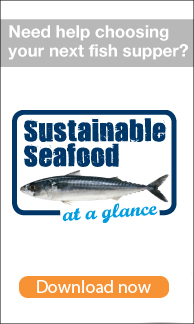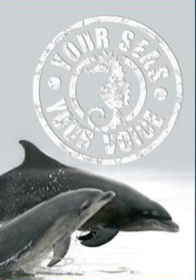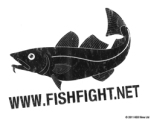The controversial Channel 4 UK TV programme “Dispatches: Conservation’s Dirty Secrets” highlights the lack of funding and interest in marine conservation issues.
On Monday 22nd June, I watched in dismay and with astonishment the TV programme “Conservation’s Dirty Secrets“. Dispatches reporter Oliver Steeds traveled the globe to investigate the conservation movement and its major organizations.
The film examines the way some big conservation charities are run, questions their priorities, corporate partnerships and the way they are alienating people. The film also stresses the danger of the “disneyfication” of environmentalism.
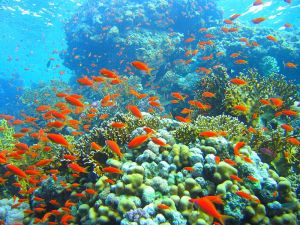 But as a diver the highlight of this programme was for me Oliver Steeds‘ trip to the Caribbean Island of Utila where he interviewed a Marine Biologist struggling to save local coral reefs.
But as a diver the highlight of this programme was for me Oliver Steeds‘ trip to the Caribbean Island of Utila where he interviewed a Marine Biologist struggling to save local coral reefs.
“Oceans covers 71% of the world surface yet just 1% are protected zones and they account for a small fraction of global conservation spending.
We don’t have a very clear idea of what the state of the oceans is, primarily due to the lack of funding and interest in marine conservation issues”.
Steeds questions why it is so difficult to get funding for marine research. Many aspects of marine science are not really considered to be sexy. Sea creatures are victims of the fact we see them cold, slimy, and unappealing. The general lack of emotional connection with the ocean also contributes to the lack of interest in marine conservation.
But if scientific information about the state of our oceans is lacking, their decline is all too obvious. Pollution, over-fishing and ocean acidification all contribute to the silent collapse of our oceans.
Globally, 20% of coral reefs have already been destroyed and it is estimated that by the middle of the century half will have disappeared.
It is astonishing that we don’t really know what the state of our oceans is. The resources which we require for research and conservation are primarily being spent on land based conservation”.
Dr Peter Bridgwater, Chair of the Government Advisory Committee on Conservation, believes we must face the painful truth. Interviewed by Steeds he asked the provocative question which to me really shows the full extent of the issues our ocean planet are facing : “How many species can we get away with losing?”. Well the answer is simple to me: We can’t get away with losing any species!
Even though the Channel 4 UK TV programme “Dispatches: Conservation’s Dirty Secret” is very controversial and shows only one side of the story (the negative side that is), I think the main point to remember is that conservation works best at a local level. “Local people are integral to the conservation of a species or ecosystem. People need to see the benefits of living along side nature so that they are willing to play a part in protecting it. Involving local communities every step of the way has to be at the heart of conservation” commented one of the programme viewer and I can’t agree more. If we all take action locally, we can make a difference!
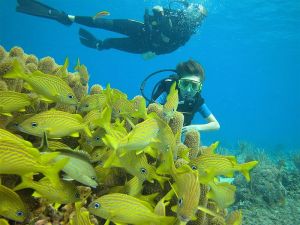 No matter where we live, the ocean touches our lives every day. It gives us food, water, commerce, and recreation. It even provides some of the medicines that heal us and the air we breathe. It gives us oxygen, rain, food, excitement, joy, wonder, mystery and so much more. The most powerful component in ocean conservation is us! From everyday lifestyle changes such as ditching the plastic water bottles for reusable ones to taking part in Dive Against Debris surveys, our actions and our voice have the most powerful impact on the health of our oceans. Today as the world celebrates #GivingTuesday, an international day of giving, let’s give back to the ocean!
No matter where we live, the ocean touches our lives every day. It gives us food, water, commerce, and recreation. It even provides some of the medicines that heal us and the air we breathe. It gives us oxygen, rain, food, excitement, joy, wonder, mystery and so much more. The most powerful component in ocean conservation is us! From everyday lifestyle changes such as ditching the plastic water bottles for reusable ones to taking part in Dive Against Debris surveys, our actions and our voice have the most powerful impact on the health of our oceans. Today as the world celebrates #GivingTuesday, an international day of giving, let’s give back to the ocean!

